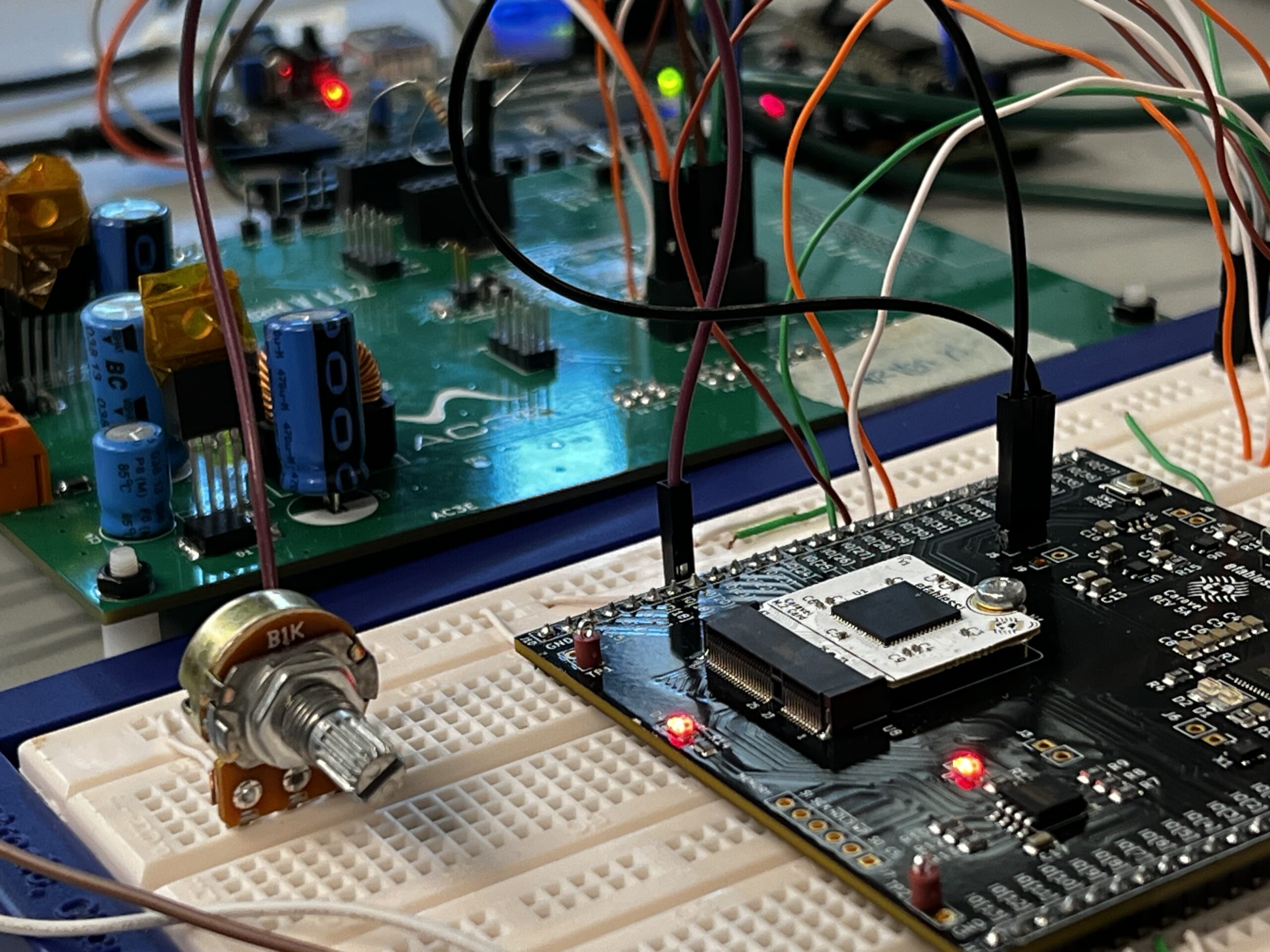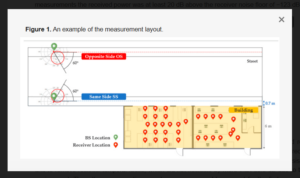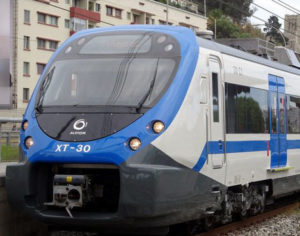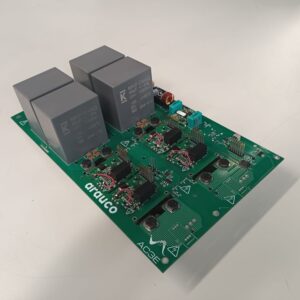After hard work, the AC3E-USM Microelectronics Group, led by researchers from the basal center, published its first paper “Open-Source Multilevel Converter Power IC Design and Test” in the IEEE Design & Test journal, a major milestone for the team that has developed impeccable work for years.
This group is made up of undergraduate and postgraduate students, led by Dr. Jorge Marín and Dr. Christian Rojas, who also have the help of the ChipUSM student initiative, and participate in this and other projects related to microelectronics, in addition to promoting various initiatives to bring young people closer to the world of integrated circuit design.
“The initial focus we gave to our research was the application of these integrated DC-DC converters in the energy management systems of CubeSats for aerospace applications. Since there, the use of various converters for efficient energy management is key to ensuring the operation and useful life of the nanosatellite. In addition, Chile has an important challenge with the SNSAT project, space for Chile, in which this type of development could be framed,” said researcher Jorge Marín.
AC3E collaborated with the work of the Microelectronics Group with strategic funds so that they could develop the project during the 3 years of its execution. “The effort was significant without immediate results at the beginning, because the focus was on long-term research, but now we can establish that the analog design flow in Skywater 130nm technology has been experimentally validated and we can face new research challenges in analog design and think about linking with industry. My conclusion is that thanks to these funds and the constant support of the center, microelectronics has come to stay at AC3E as a research topic that has a lot of future,” highlighted Professor Dr. Christian Rojas.
The development of the semiconductor and microelectronics industry is one of the main industries that drives the global economy. However, there are few integrated circuit designers, so training advanced human capital in this area could have a great impact for our country and its scientific-technological development.
“Chile must advance its technological development, we have already spent 40 years where we have trained engineers, researchers and academics who develop in the area of electronics, the idea now is to make this technology help the technological development of the country, through the generation of advanced human capital and the development of technological projects for the development of national industry,” concluded researcher Christian Rojas.

